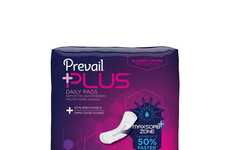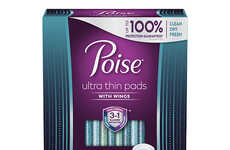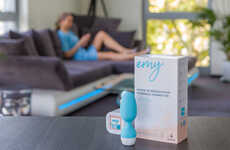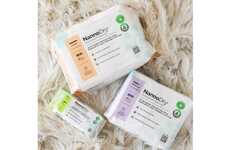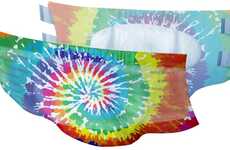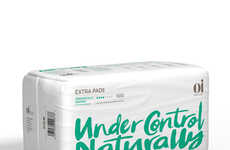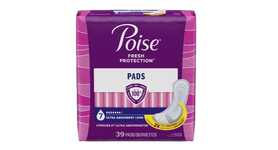


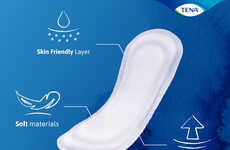
Brands are aiming to destigmatize urinary incontinence
Trend - Brands in the personal hygiene space are honing in on urinary incontinence, and are trying to destigmatize what can be a tender subject for many who experience it. Everything from refined liner designs to discreet absorbent underwear are empowering people to take care of their health without shame.
Insight - Historically, the health of people with vaginas has been compromised with treatments rooted in discrimination, and shame associated with normal bodily functions. Now that consumers are becoming empowered to learn about and prioritize their own specific health needs, they expect that brands are able to meet them halfway with products and services that suit their modern lifestyles.
Insight - Historically, the health of people with vaginas has been compromised with treatments rooted in discrimination, and shame associated with normal bodily functions. Now that consumers are becoming empowered to learn about and prioritize their own specific health needs, they expect that brands are able to meet them halfway with products and services that suit their modern lifestyles.
Workshop Question - How is your brand prioritizing inclusion and destigmatization when it comes to people's health concerns?
Trend Themes
1. Destigmatizing Incontinence - Brands in the personal hygiene space are destigmatizing urinary incontinence, creating innovative solutions for modern lifestyles.
2. Sustainability & Health - Sustainability and health-consciousness are driving the organic and eco-friendly incontinence products market.
3. Personalized Solutions - Customizable products that target different ages, leakage risk levels, and lifestyles offers consumers an opportunity to find the perfect product for their needs.
Industry Implications
1. Personal Hygiene - The personal hygiene space is expanding to incorporate sustainability, customization, and innovative solutions.
2. Women's Health - Innovative brands are promoting better health outcomes for people with vaginas by offering organic and eco-friendly incontinence products.
3. Textiles - Textile manufacturers and designers are exploring new technologies and eco-friendly materials to create innovative and sustainable incontinence products.










